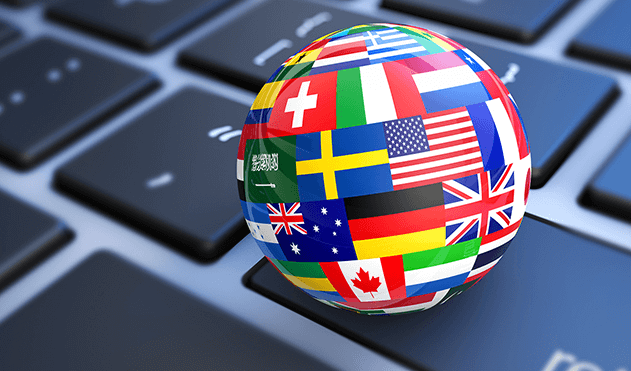Best Practices in Selecting Translation Services for Administrative Processes

Have you ever considered how vital accurate translation is for the smooth operation of administrative processes in a global setting? The precision of translations can significantly impact the efficiency and legality of administrative functions. It helps avoid misunderstandings and ensures compliance with international regulations.
That said, how do you ensure you’re choosing the best translation service? This article dives into the best practices for selecting a reliable translation service. It will focus on the importance of qualifications like NAATI translation.
Understanding Translation Needs
The first step in selecting a translation service is thoroughly assessing your specific needs. What type of documents need translating? Are they legal, financial, or technical? The nature of your documents will determine the kind of translation service you require.
Understanding your requirements in detail will guide you in choosing a service that best fits your organizational needs. For instance, your legal documents may require a different skill set compared to technical manuals. Besides, you must consider how much and often you need the services.
Checking for Qualifications and Certifications
When dealing with administrative documents, especially in countries like Australia, it’s crucial to choose a service that is NAATI certified. NAATI (National Accreditation Authority for Translators and Interpreters) certification is a mark of quality. It ensures the translator understands the nuances of the language and the required administrative terminology.
So, ensure the service offers translators who are NAATI certified. Also, look for certifications like ISO or memberships in professional translation organizations, which underscore quality and reliability. Selecting a NAATI-certified translator ensures that the translated documents adhere to local legal standards.
Evaluating Technical Capability
The service provider must also be technologically adept. This means having robust software and platforms that can handle various file formats. It also means delivering translations in a secure, efficient manner. Choosing a service with strong technical capabilities will enhance the process’s efficiency and security. So, check:
Software and Tools: Check if the service uses advanced translation memory software, which can improve consistency and reduce turnaround times.
Data Security: Ensure the translation service has stringent data security protocols to protect sensitive information.
Read also Sustainability and Skills: The New Age of Phone Repair Shops
Reviewing Past Performance and Reputation
An established reputation for accuracy and reliability is a good indicator of a translation service’s quality. Reviewing past performance helps understand the service’s capability to handle projects similar to your needs. Look into their past projects and reviews:
Client Testimonials: Positive feedback from previous clients helps provide insights into the service’s reliability and quality.
Case Studies: These can demonstrate the translation service’s experience with specific administrative documents.
Comparing Pricing and Value
Price is a vital factor in the selection process. However, the cheapest option is not always the best. Compare what is included in the price, such as additional revisions, proofreading, and customer support.
Ensure the pricing structure is transparent. You must assess whether the additional services provided justify the cost. To find the best value for your translation needs, it’s important to balance cost with the quality and range of services provided.
Understanding Cultural Sensitivity
The translation service should have expertise in localizing content to fit the cultural context of the target audience. As such, services that employ translators who live in or are from the target region can be more effective. They should demonstrate an ability to handle linguistic subtleties that reflect cultural sensitivities.
Selecting the right translation service for administrative processes is not only about finding someone to convert text from one language to another. With a NAATI translation service by your side, you can enhance your administrative operations. This ensures compliance with regulatory standards and fosters trust and clarity in global interactions.




